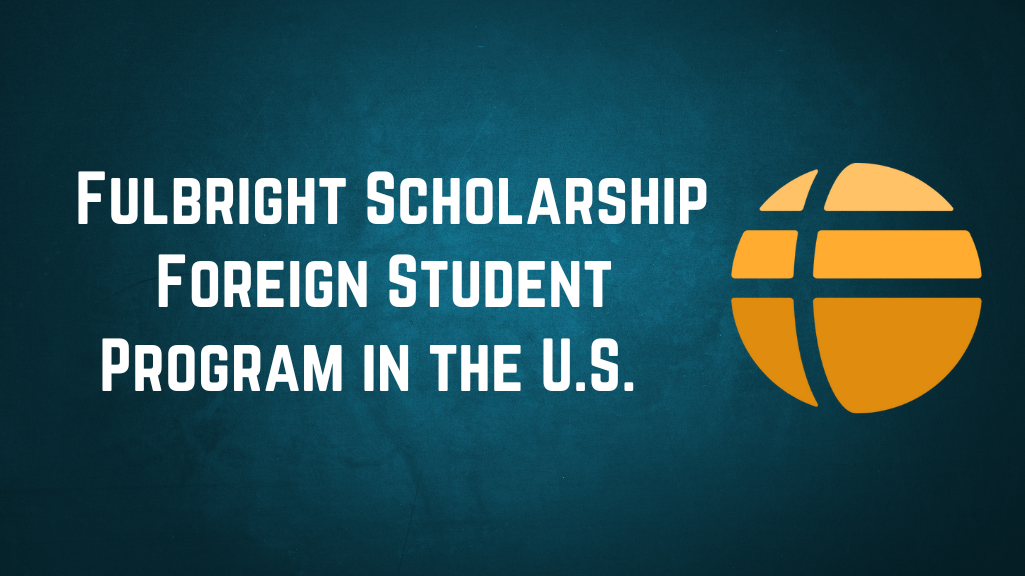If you’ve ever dreamed of studying in the United States, the Fulbright Scholarship Program is probably the gold standard of opportunities. It’s not just a scholarship; it’s a life-changing journey filled with education, cultural exchange, and personal growth. For international students looking to make their mark on the world stage, the Fulbright Program offers an easy pass to be successful.
Let’s know everything about the Fulbright Scholarship Program in the U.S. its history and purpose, eligibility, application processes, benefits, and how to get it.

History And Statistics
The Fulbright Scholarship Program started in 1946 when Senator J. William Fulbright pitched an ambitious plan: fund international academic exchanges using the proceeds from selling surplus U.S. war property. His vision? To foster peace and understanding among nations through education and cultural diplomacy.
Over the past 75+ years, the program has grown into one of the largest and most prestigious exchange initiatives globally. With over 400,000 alumni from more than 160 countries, Fulbright has been a driving force behind groundbreaking research, artistic expression, and cross-cultural collaboration.
Did you know that 41 Fulbright alumni have won Nobel Prizes and 62 have earned Pulitzer Prizes? That’s the kind of legacy you’d be joining.

The Fulbright Mission
The Fulbright Program isn’t just about studying abroad; it’s about making the world a better place. With a focus on building bridges between cultures, it encourages mutual understanding and aims to tackle global issues like climate change, inequality, and public health. The program empowers individuals to become leaders who create positive change in their communities while promoting cultural exchange and celebrating diversity. Every Fulbright participant serves as an ambassador for their country, contributing to a legacy of global cooperation and mutual respect.
See also : How To Get Scholarships and Funding In The US
How Big is the Fulbright Program?
The scope of the Fulbright Program is truly staggering. Here are some jaw-dropping stats to paint the picture:
- Grants Awarded Annually
The Fulbright Program awards around 8,000 grants each year, enabling students, scholars, and professionals to engage in educational exchanges.
- Countries Involved
Operating in over 160 countries, the program is one of the most expensive educational exchange initiatives, bridging cultures across continents.
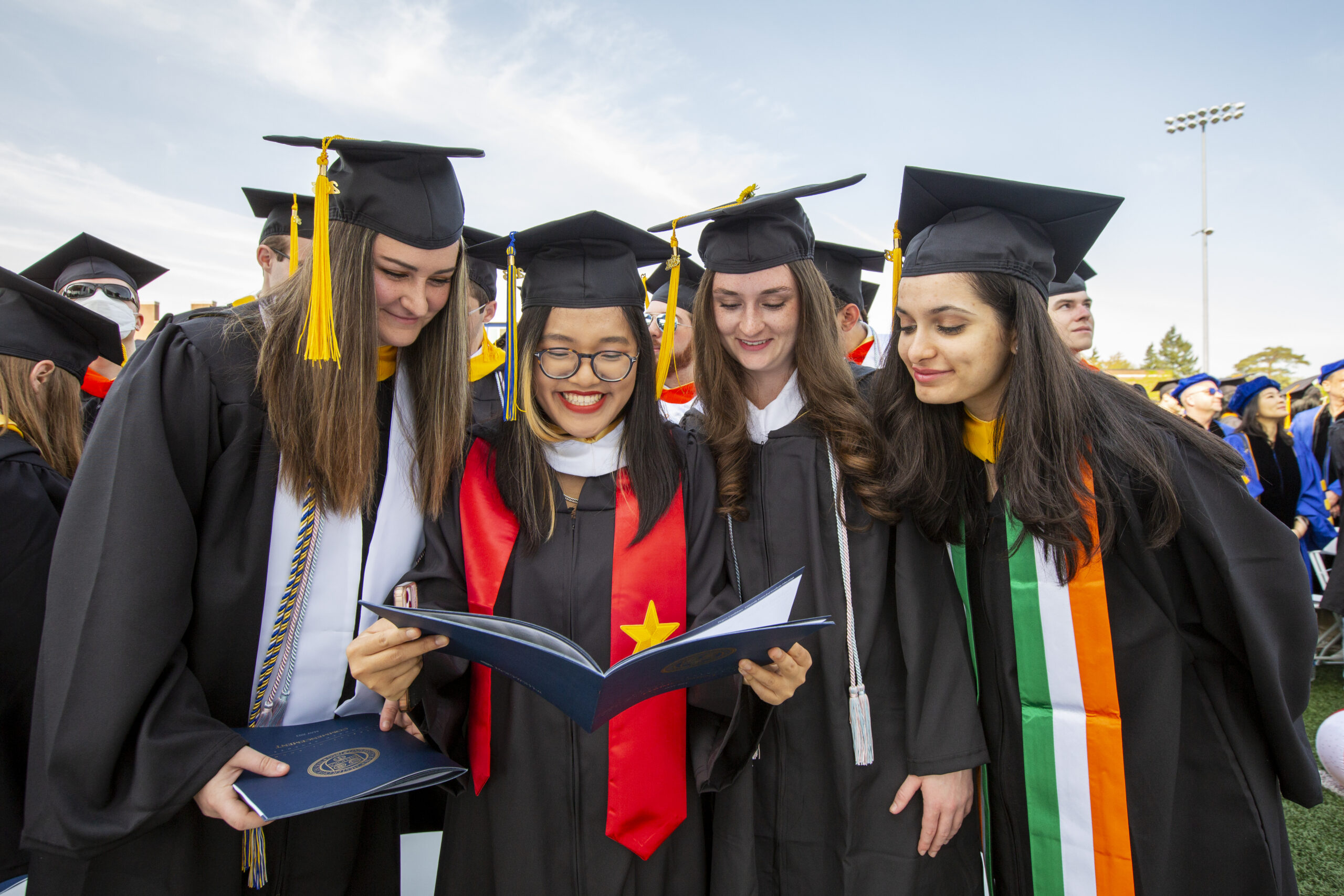
- International Students in the U.S.
Every year, about 4,000 international students receive Fulbright grants to study or conduct research in the U.S., making a significant impact on both their academic journey and the broader academic community.
- Diverse Disciplines
The Fulbright Program covers a wide range of fields, from engineering and social sciences to the performing arts and public health, ensuring that there’s something for every academic interest.
Eligibility
Fulbright is for dreamers, but not every dreamer qualifies. Here’s a detailed breakdown of what it takes to be eligible:
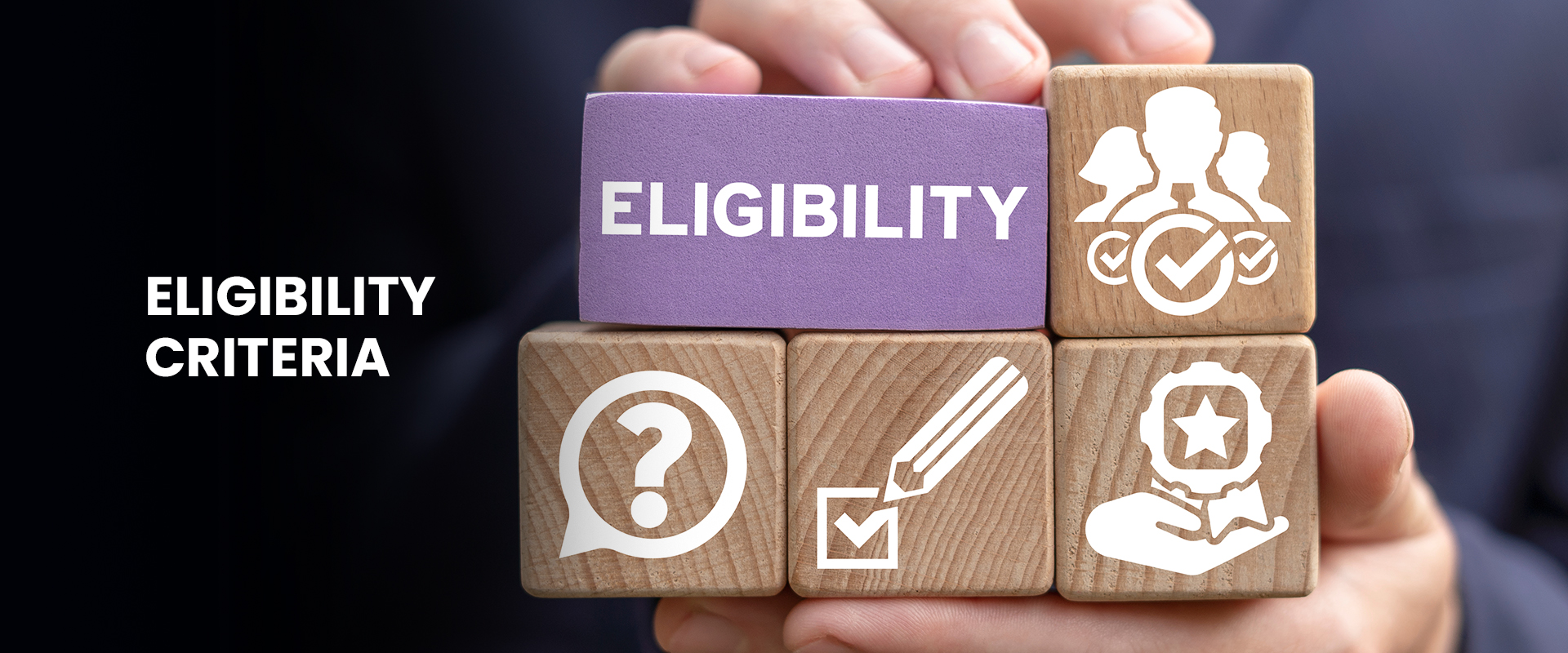
The Fulbright Scholarship is open to a wide range of international students, but there are specific criteria that every applicant must meet. These foundational requirements ensure the program remains fair, transparent, and accessible.
1. Residency
You must apply through the U.S. Embassy or a designated Fulbright Commission in your home country. Applications are not processed directly in the U.S. Applicants are generally expected to be residing in their home country during the application period unless stated otherwise.
2. Education
A bachelor’s degree (or its equivalent) is typically the baseline requirement. Certain fields or programs, such as advanced research roles, may demand a master’s degree or higher qualifications.
3. Language Skills
A strong command of English is essential since it’s the medium of instruction and communication in the U.S. The level of proficiency required may vary, with some programs requiring scores from tests like TOEFL or IELTS.
Check this out: How Does IELTS Help You Get a Scholarship?
4. Citizenship
U.S. citizens are not eligible for Fulbright awards intended for international students. Those with dual citizenship can apply only through the country where they hold non-U.S. citizenship and meet the residency requirements.
Who Stands Out?
Candidates who demonstrate leadership potential and a commitment to community service. Applicants with a clear academic or professional purpose tied to global challenges. Individuals who embody the Fulbright spirit of cultural exchange and collaboration.
The Application Process
Applying for Fulbright can be tough, but here’s a roadmap to simplify things:
- Start with Research
Visit your country’s Fulbright Commission or U.S. Embassy website to understand specific requirements and deadlines. - Prepare Your Documents
- Statement of Purpose: Explain why Fulbright is the right platform for your goals.
- Personal Statement: Share your story, motivations, and vision.
- Academic Transcripts: Show off your educational history.
- Letters of Recommendation: Choose referees who can vouch for your academic and leadership potential.
:max_bytes(150000):strip_icc()/online-business-540487840-577047f23df78cb62c867e24.jpg)
- Submit Online Application
Most applications are processed through the Fulbright Foreign Student Program portal. Deadlines vary, so mark your calendar! - Interviews and Selection
If shortlisted, you’ll face an interview with a panel. Be prepared to discuss your goals, proposed study plan, and how you’ll contribute to cultural exchange.
The Fulbright Package
One of the standout features of the Fulbright Scholarship is its all-encompassing support. This program ensures you can immerse yourself in your academic and cultural journey without the financial strain. Here’s what the Fulbright package offers:
1. Financial Benefits
- Tuition Coverage:
Depending on your award, the scholarship provides full or partial coverage of your tuition fees, eliminating the biggest hurdle for many international students.

- Monthly Stipends:
Receive a living stipend customized to the cost of living in your host city, ensuring you’re well-supported whether you’re in bustling New York City or a smaller college town.
- Round-Trip Airfare:
Your travel expenses to and from the U.S. are fully covered, so you can focus on the experience, not the logistics.
2. Healthcare Coverage
Fulbright provides coverage of up to $100,000 per illness or accident, ensuring peace of mind throughout your stay. Scholars have access to quality medical services, making health concerns one less thing to worry about.
3. Academic Support
Funding is provided for books, research materials, and travel necessary for academic pursuits. Fulbright often covers participation in academic conferences, offering opportunities to showcase your work and connect with experts in your field. If your program includes unique academic or community projects, additional funding may be available to support your endeavors.
4. Extras That Make a Difference
Language courses or orientation programs help you adapt to your new academic environment before classes begin. Participate in field trips, community service initiatives, and networking events to experience U.S. culture while sharing your own heritage.
What Can You Study?
One of the most remarkable aspects of the Fulbright Program is its versatility. Unlike many scholarships that limit you to specific fields, Fulbright embraces a wide range of academic disciplines, ensuring that scholars from all backgrounds can find their place. Whether you’re driven by a passion for innovation, social change, or creative expression, there’s room for you in this program.
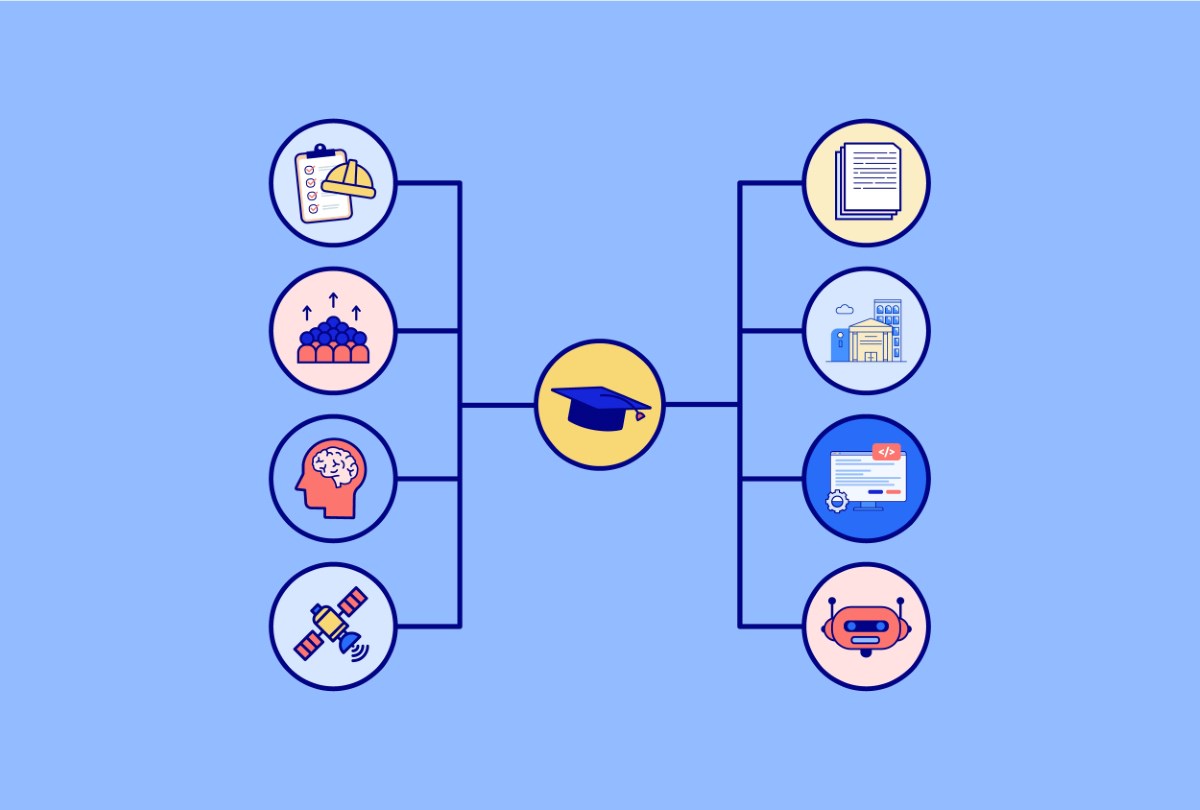
Here’s a closer look at some fields in high demand:
- STEM (Science, Technology, Engineering, and Math):
- Fulbright supports cutting-edge research in healthcare, artificial intelligence, and sustainable energy.
- Scholars in STEM often collaborate on solutions to pressing global challenges, from combating climate change to developing lifesaving medical technologies.
- Example: A recent Fulbright scholar contributed to renewable energy innovations, advancing solar panel efficiency by 20%.
- Social Sciences:
- Dive deep into the dynamics of society, studying topics like sociology, international relations, and public policy.
- Social scientists often work on projects addressing inequality, human rights, and conflict resolution, making this field a key focus for the program’s mission of fostering mutual understanding.
- Creative Arts:
- Whether it’s theater, music, visual arts, or literature, Fulbright encourages artistic expression as a means of cultural exchange.
- Creative arts scholars often organize exhibitions, performances, or workshops that share their cultural heritage while learning from others.
- Journalism and Media:
- In an era where information shapes public opinion, Fulbright supports scholars exploring the critical role of media.
- Topics like digital media ethics, investigative journalism, and the influence of technology on communication are highly relevant.
See also: STEM or Non-STEM? Where Should You Head!
Fulbright Legacy
The Fulbright Scholarship Program isn’t just about academic exchanges—it’s about empowering individuals who go on to change the world. Its alumni represent a legacy of excellence, innovation, and leadership that spans every field imaginable.
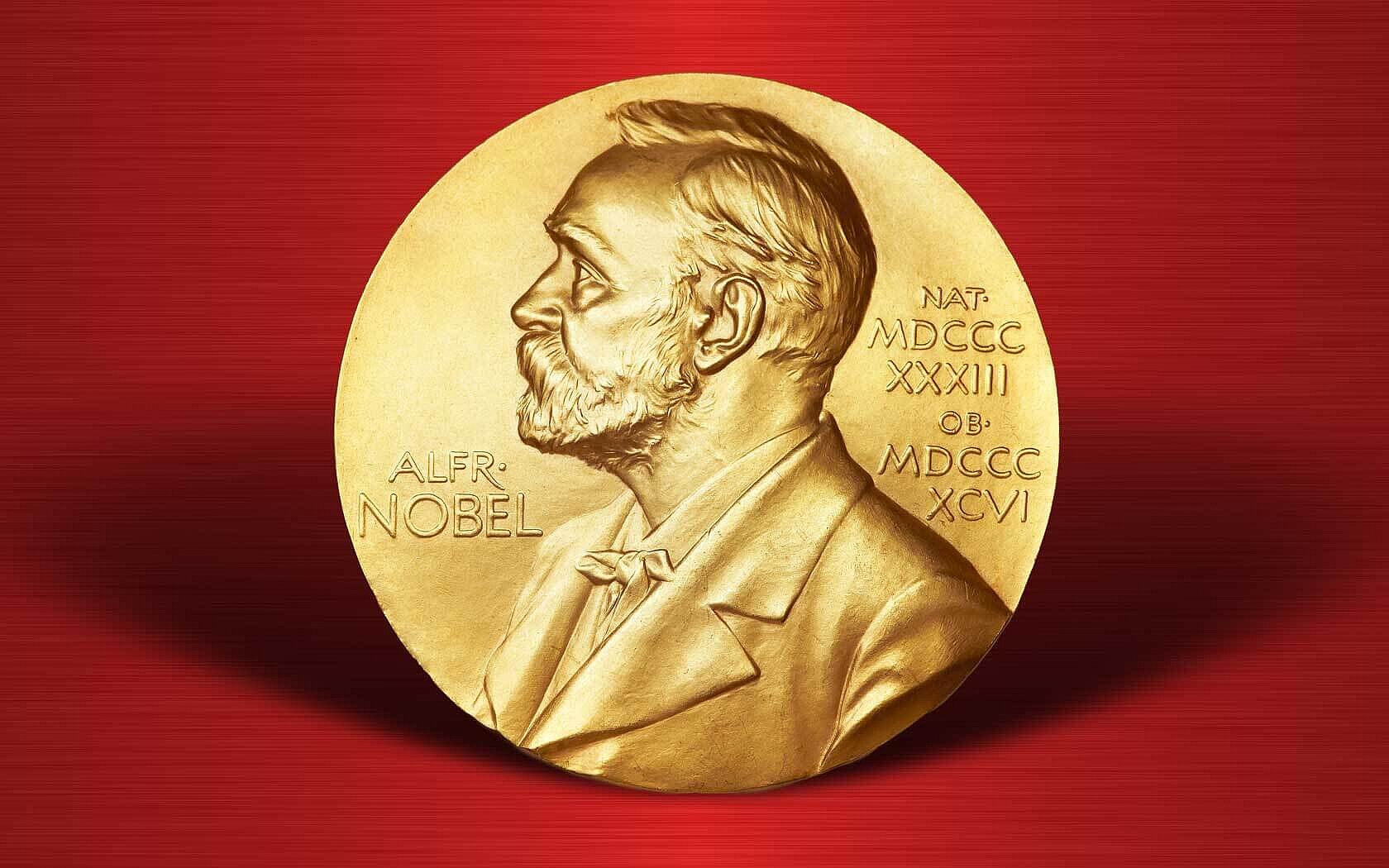
- Nobel Laureates: Fulbright alumni have been honored with an astounding 41 Nobel Prizes, showcasing their groundbreaking contributions to literature, science, peace, and economics.
- Global Leaders: The program has nurtured many influential figures, including heads of state, diplomats, and policymakers who have played pivotal roles in shaping international relations and national policies.
- Game-Changing Research: Fulbrighters have spearheaded advancements in medicine, climate science, technology, and more. From life-saving treatments to revolutionary clean energy solutions, their work has a profound global impact.
One of the most celebrated Fulbright alumni is Dr. Mohammad Yunus, founder of Grameen Bank and a pioneer of microfinance. His innovative approach to empowering marginalized communities through small loans earned him the Nobel Peace Prize, proving that education and vision can spark transformative change.
Why Choose Fulbright?
Choosing the Fulbright Scholarship is like stepping onto a global stage with unparalleled opportunities for academic, professional, and personal growth. Its prestige is undeniable—being a Fulbrighter instantly connects you with elite academic institutions, influential professional networks, and a legacy of excellence. Beyond academics, the program offers a unique cultural immersion experience, allowing you to live, study, and work in the United States while sharing your own heritage and learning about American culture firsthand. This cultural exchange fosters mutual understanding and enriches your perspective in ways few other scholarships can match.
You can check: Exploring the Best Major Options for USA Higher Education
What truly sets Fulbright apart is its expansive global network. As a Fulbright alumnus, you join an esteemed community of leaders in government, academia, business, and the arts—many of whom have gone on to win Nobel Prizes, become heads of state, or spearhead transformative projects. The program's impact doesn’t end with your studies; it stays with you for life, equipping you with the skills, connections, and vision to make a meaningful difference in your community and the world. In essence, Fulbright isn’t just funding your education; it’s investing in your potential to drive global change.
FAQs
Here are some questions that haven’t been covered in the article:
1. Can I apply for a Fulbright if I already have a master’s or PhD?
This would address eligibility for advanced-degree holders, as some people may be interested in pursuing a Fulbright after completing higher studies.
2. How are Fulbright candidates selected?
A question that could offer insight into the selection process, including the criteria used to assess applicants beyond academic qualifications.
3. Does Fulbright provide support for dependents or families?
For those considering applying with families, this question could clarify whether dependents can accompany them and what kind of support might be available.
4. What are the opportunities for post-Fulbright careers or internships?
This could be an extension of the article’s focus on the legacy of Fulbright, showing how being a Fulbright alumnus can open doors for career opportunities.
5. Is the Fulbright Program available to non-degree applicants?
Some might wonder if they can apply for research or teaching roles without being enrolled in a formal degree program. This question could help clarify that.
6. Are there any specific programs for professionals or early-career researchers?
This could explore whether the Fulbright Program offers specific opportunities for people who have work experience but aren’t necessarily pursuing a degree.
7. Can I apply for a Fulbright if I’m currently enrolled in a degree program?
This question would clarify whether current students can apply for the program during their ongoing studies, or if they need to have graduated first.
8. What happens if my Fulbright application is rejected? Are there opportunities to reapply?
This question would provide guidance for those who may face rejection and are interested in knowing about their chances for future applications.
9. Are there specific cultural immersion programs as part of the Fulbright experience?
This would dive deeper into what cultural exchange activities participants experience beyond their academic work.
10. How does the Fulbright program support students with disabilities?
It’s important to address how inclusive the program is and what accommodations or support systems are in place for students with disabilities.
